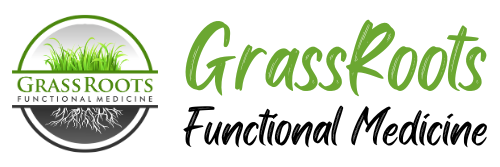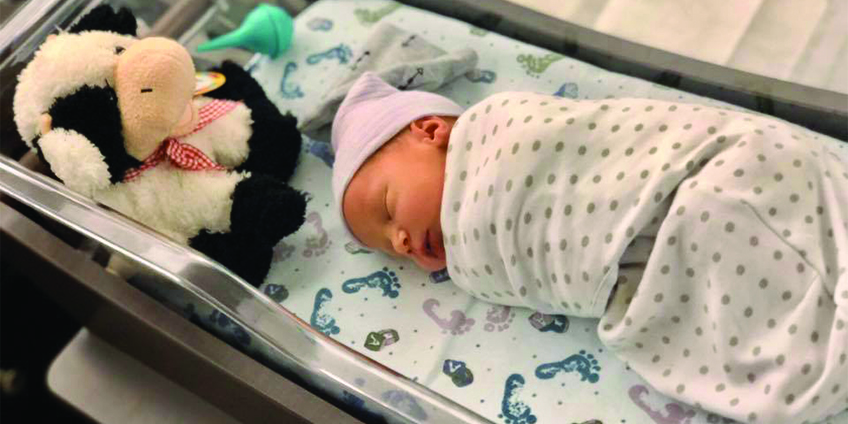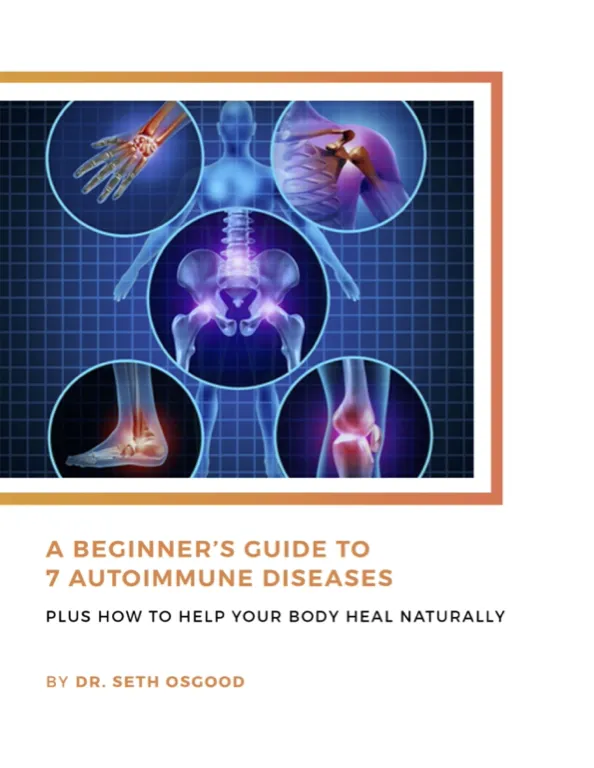Did you know that the way you’re born can affect your health years and even decades down the road?
One of the first questions I ask all of my patients is whether they were born via vaginal delivery or c-section because it has a big impact on your microbiome, and therefore your immune system and overall health.
My wife and I just welcomed our fifth child a couple of weeks ago, so I thought now would be the perfect time to talk about choosing the healthiest option for your baby and what to do if things don’t go according to plan.
What is the Microbiome
Your microbiome is made up of trillions of microbes, mostly bacteria, but also fungi, viruses, and parasites. This diverse ecosystem helps you digest and absorb the nutrients from your food, regulates metabolism, and makes up nearly 80% of your immune system.
When it’s populated with mostly good bacteria, you have healthy digestion and a strong immune system that protects you against disease with a balanced inflammatory response.
However, if you don’t have enough good bacteria to fight off the bad guys, you can develop gut imbalances like SIBO and Candida, as well as leaky gut. Your immune system also takes a hit, leaving you vulnerable to infections and more likely to develop an autoimmune condition.
How Birth Affects the Microbiome
In a vaginal delivery, as your baby travels down the birth canal, she swallows the beneficial bacteria that live there, inoculating her gut with good bacteria before she’s even born and laying the foundation for a strong immune system.
In a c-section, the baby misses out on this exposure, so their first contact with bacteria is likely from hands and mouths as they are held and kissed, along with the bacteria in your hospital room.
Because of this, studies show that babies born via c-section have altered fecal microbiota for at least 6 months and sometimes longer compared to babies delivered vaginally.
It also explains why children born via c-section are at higher risk for inflammatory conditions like asthma and allergies in childhood, and chronic conditions like autoimmunity and obesity as they grow up.
Setting Your Baby Up for Lifelong Health
Ultimately, a vaginal delivery is the ideal option for your baby’s health. However, sometimes that’s just not possible and that’s ok!
My own son’s birth a few weeks ago ended in an emergency c-section and sometimes planned c-sections are necessary for the baby or mother’s health. There’s still plenty you can do to give your baby a thriving microbiome and set them up for lifelong health.
If you’re having a planned c-section you can use a technique called vaginal seeing where you insert a piece of sterile gauze into the mother’s vagina and then wipe it over the baby’s face, mouth, eyes, and skin after birth.
Breastfeeding for at least 12 months is also a big help because breastmilk is rich in good bacteria and immunoglobulins. As your child gets older, you can support a healthy microbiome by introducing plenty of diverse colorful foods rich in prebiotics, probiotics, and resistant starches.
In addition, let you child get dirty! A lot of kids are stuck inside, not getting their hands dirty, and their parents are overdoing it on the hand sanitizer. This kills off a lot of the good microbes that set their microbiome up for success.
Another potential problem area can be antibiotics. Antibiotics are necessary in certain situations, but they are sometimes over-prescribed in cases where they aren’t needed, such as viral infections.
The gift of health is truly one of the best things you can give to your children. Just remember, as with all things in parenthood, it’s not about being perfect but about doing your best!
In our clinic, we work with patients of all ages, including children! If your little one is struggling with symptoms it’s best to take a proactive approach now to address underlying issues before they become more serious.
If you or your child are ready for a proactive approach to wellness that will protect your health for years to come, check out our Adaptation Program and book your free 10-minute discovery call to get started.
About the Author: Dr. Seth Osgood is a Doctor of Nursing Practice, Board Certified Family Nurse Practitioner and Institute of Functional Medicine (IFM) Certified Practitioner. Dr. Osgood received his post-graduate training in Functional Medicine through the IFM and from working with Dr. Amy Myers. He has helped people from around the world improve their health utilizing a Functional Medicine approach.
Want to work with Dr. Osgood and the GrassRoots team? Become a patient in our West Lebanon, New Hampshire Functional Medicine clinic, our Burlington, Vermont Functional Medicine clinic, or our Austin, Texas Functional Medicine clinic!







0 Comments